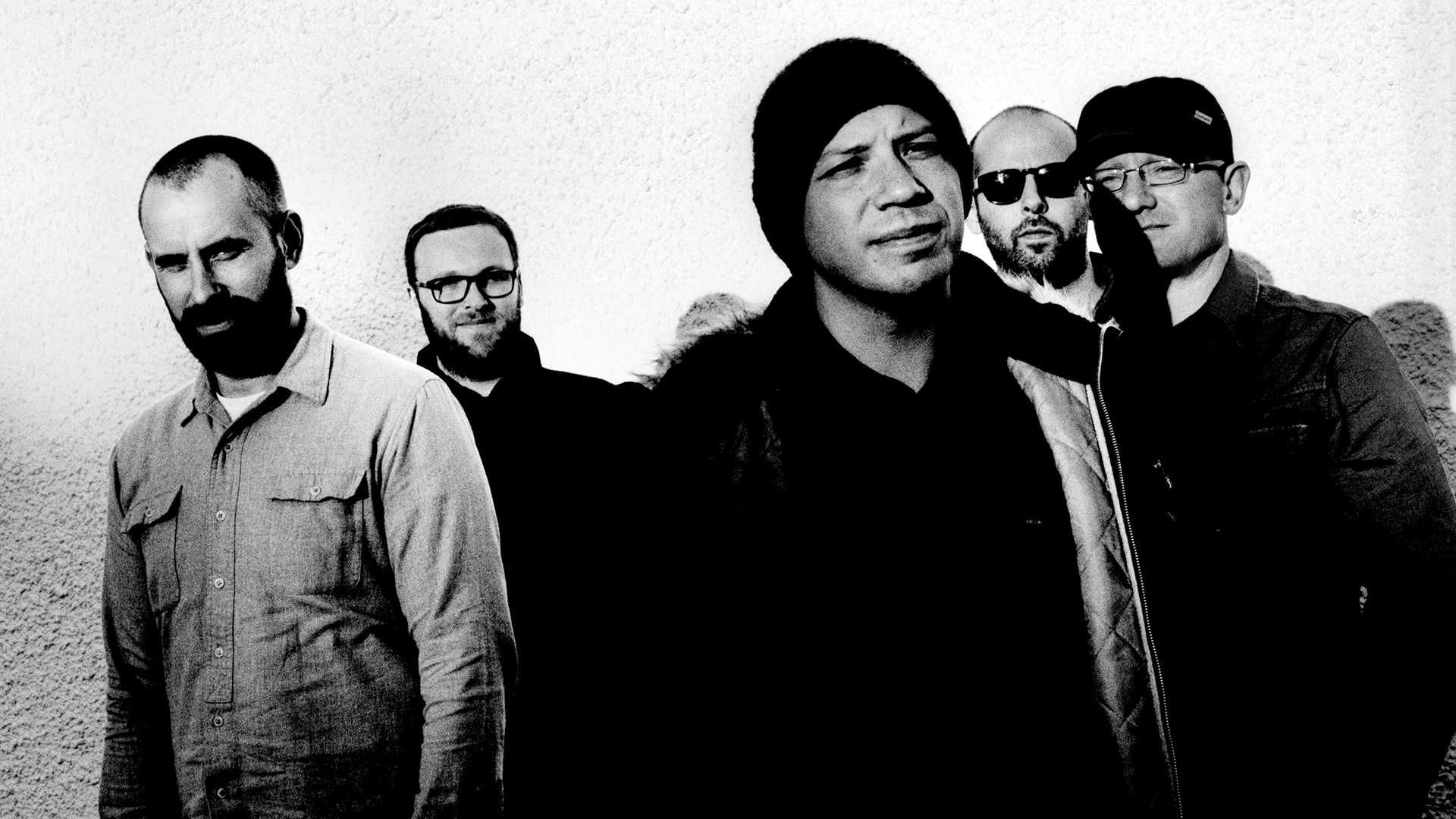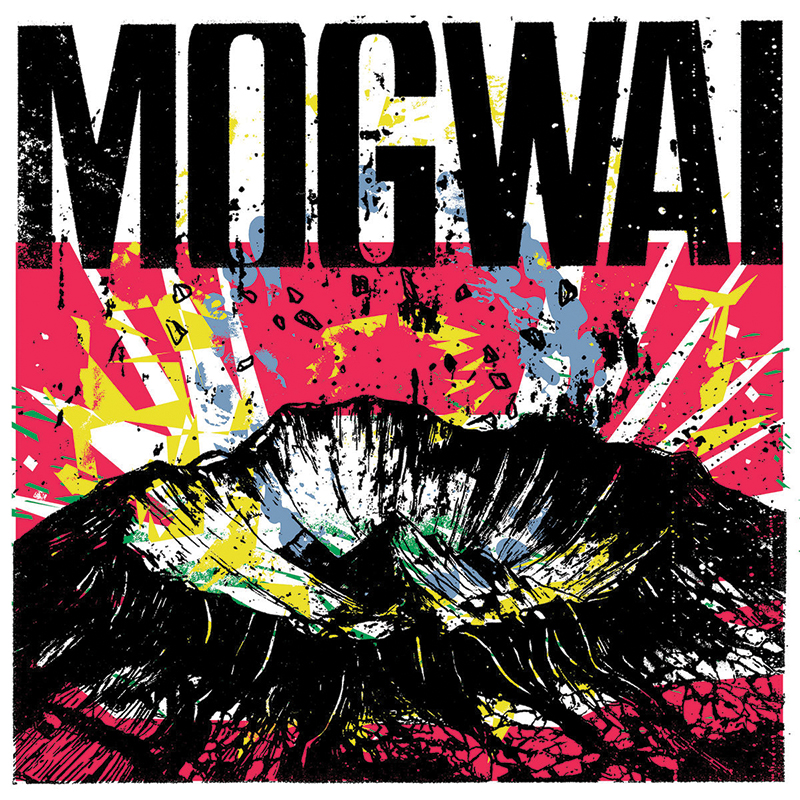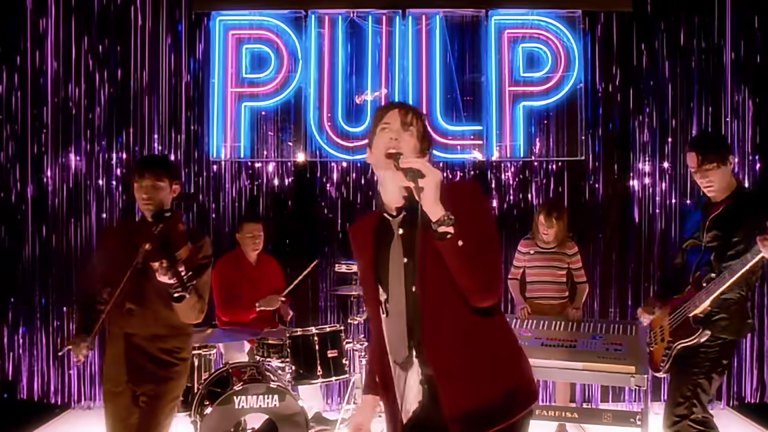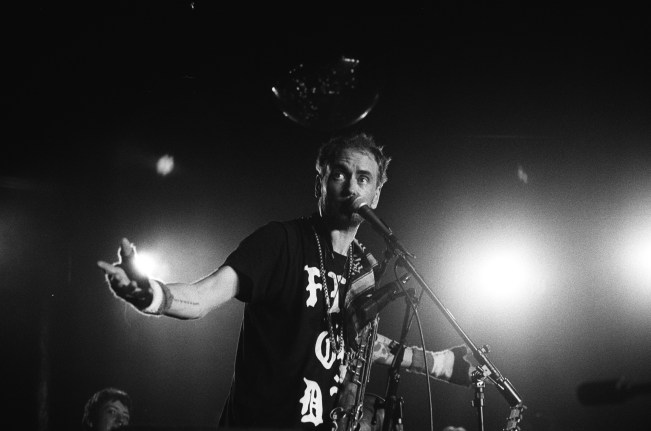Lately I’ve been worried about my ears. As a legacy of stupidly going to many very loud concerts with no hearing protection whatsoever in my youth, I’ve suffered from tinnitus for about as long as I can remember. A faint but shrill whine, ever-present day and night around the fringes of my auditory perception. For the most part it’s low enough to ignore, and it hasn’t gotten persistently worse in a long while (mainly on account of me finally getting a decent pair of earplugs). And yet, it’s still prone to occasional, unexpected flare-ups.
I don’t go to as many gigs as I once did, partly on account of the above, so I can only put the latest bout down to overuse of earbuds, and listening to podcasts about cool things like football and history while doing the housework. Whereas my tinnitus might once have been exacerbated by, say, standing too close to Einstürzende Neubauten while they fiendishly smash a sheet of metal with a hammer, these days it’s probably the dulcet Irish tones of Barry Glendenning laying into Manchester United on Guardian Football Weekly that’s doing the damage. The petty ironies of 40-something life.
- Mogwai guitarist Stuart Braithwaite: ‘Music can make dreams come true’
- Take it from me, going to gigs by yourself is liberating and life-affirming
- Gig ticket prices are extortionate now – but there’s still hope for live music
So what am I doing at a Mogwai concert? The Scottish band are famed for many things, including becoming one of the foremost exponents of the mostly instrumental long-form experimental guitar music genre known as post-rock, and scoring an unlikely UK number one in 2021 with their self-released 10th album As the Love Continues. But above all things, Mogwai’s reputation precedes them for being very loud. Music writers have unscientifically hailed them as everything from “louder than life” to the “world’s loudest band” and even “the universe’s loudest band”. Last year, a documentary film was released titled Mogwai: If the Stars Had a Sound.
I love Mogwai and I’ve seen them live more times than I can count. Perhaps more than any other band, they have contributed to my tinnitus (my fault not theirs). Belatedly, I have learned to respect their heaviosity, and at this show in Stockholm, one of the band’s first European tour dates in support of their 11th album The Bad Fire, I am very much wearing earplugs. As are most people around me. A few minutes before Mogwai come on stage, I notice a woman with a worried expression draw her partner’s attention to the large speaker suspended above our heads about 10 metres away. She drags him off to a more acceptable distance.
I’m not sure that they’re louder than the universe or the stars tonight, but from the snarling dissonance of Hi Chaos to the chest-thumping wallop of Summer, they’re definitely visceral. It leads me to ponder (because Mogwai’s music is if nothing else great for pondering to) what’s with many gig-goers’ weird, almost nihilistic attraction to dangerously loud sound? Is it big and is it clever? Are Mogwai and their heavy, heavy ilk actually all that loud in the grand scheme of things? Or is it all just in our heads?
Years ago, before the penny dropped that it was in fact an irresponsible thing to celebrate, The Guinness Book of World Records used to have a world’s loudest band category. It sparked all kinds of idiotic one upmanship in the never knowingly sensible world of heavy metal. From 117 decibels (dB) at a Deep Purple show in 1972 (seemingly three members of the audience fell unconscious) to 129.5 dB for Manowar in 1984, amps kept going to 11 and much beyond. Other genres went louder still. In 1996 at Brixton Academy in London, electronic-dance outfit Leftfield are said to have hit 135 dB, causing plaster to fall from the ceiling.











